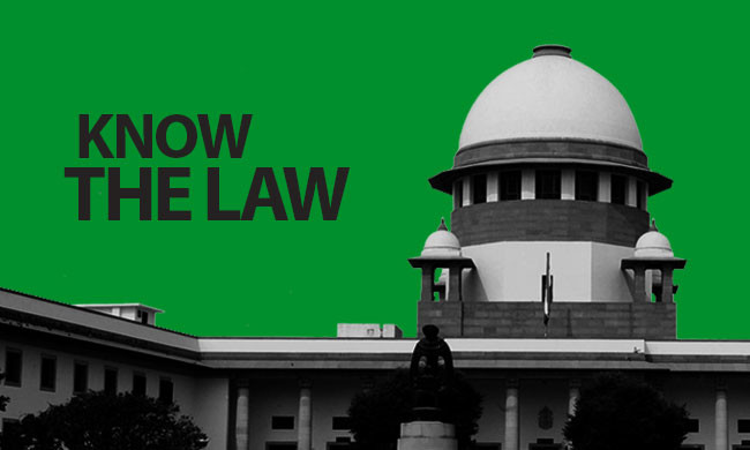Can Police Register FIR Based On Confession Statement Of Accused? What Is Its Evidentiary Value?
M.A.Rashid
5 Jun 2019 10:09 AM IST

Police can register the FIR based on the information given by any person including an accused irrespective of whether his statement amounts to confession or not.
Next Story


